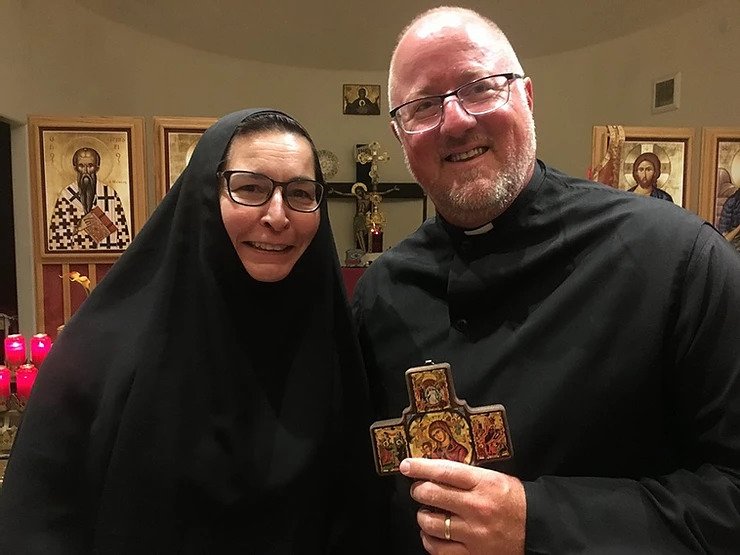“My God, my God, why have you forsaken me? Why are you so far from helping me, from the words of my groaning / my transgressions? O my God, I cry by day, but you do not answer; and by night, but find no rest.” (Ps 21/22: 1-2)
There is nothing new about having “doubt” in the whole business of our relationship with God. After all, it is in the Psalms, as quoted above. And it is in the words of this precise Psalm that our Lord gave voice to the human experience of doubt, when He cried out from the cross: “Eli, Eli, lema sabachthani?” (Mt 27: 46).
The word “doubt” comes from the Latin “dubitare,” which means “to hesitate, to question, to waver in opinion…” It is part, really, of all my relationships, – the merely-human ones also. I can be confronted with “doubt,” and yet remain faithful in a relationship, when I walk through it, on my cross-carrying journey. Because “others,” including God, remain in some part a “mystery” to me, raising question-marks in my limited mind that doesn’t know everything.
So let me note the human aspect of this “hesitation” that is “doubt,” and not view it as something outside of, or excluding, my relationship with God. It is only human, because of the simple fact that we don’t know everything. And it’s nothing new, as something God engages biblically, in His relationship with us throughout Salvation History. He nudges us forward, through our question-marks, recorded throughout the ages from the Old-Testament books like the Psalms to the New Testament. Let me let Him walk me through the discomfort of my “not knowing” and my “questioning,” as He walks the doubting Thomas through it, saying to me, “Do not doubt but believe.” (Jn 20: 27)






